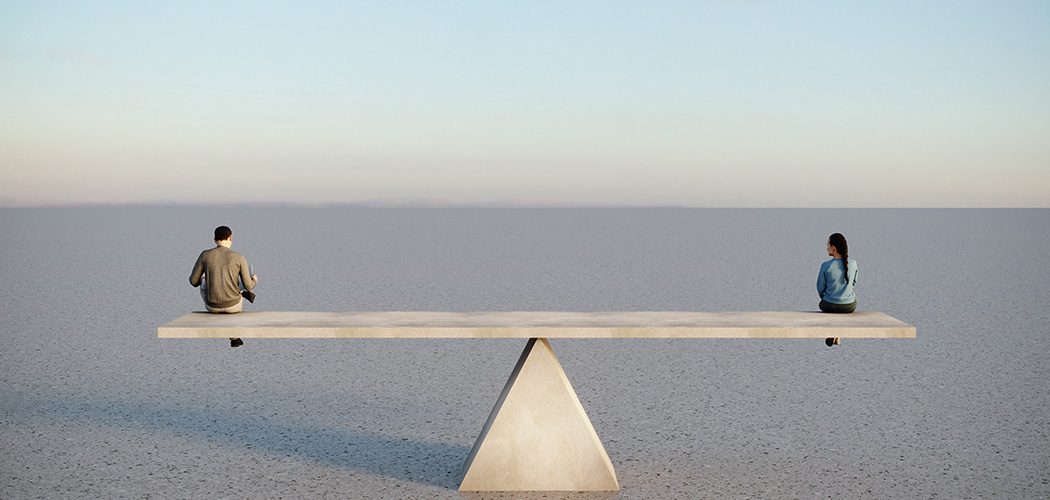Australia has climbed 11 spots in the global rankings for gender equality to now sit 13th out of 148 countries, the World Economic Forum’s 2025 Global Gender Gap Report, released this week, has revealed.
Iceland topped the rankings for the 16th year running, followed by Finland, Norway, the United Kingdom, and New Zealand. The global gender gap has closed to 68.8%, marking the strongest advancement since the COVID-19 pandemic, yet according to the report, full parity remains an estimated 123 years away.
The Global Gender Gap Index tracks countries against four key benchmarks – economic participation and opportunity, educational attainment, health and survival, and political empowerment.
The 19th edition of the report, which covers 148 economies, uncovers both encouraging momentum and persistent structural barriers facing women worldwide.
The progress made in this edition was driven primarily by significant strides in political empowerment and economic participation, while educational attainment and health and survival maintained near-parity levels above 95%. However, despite women representing 41.2% of the global workforce, a stark leadership gap persists with women holding only 28.8% of top leadership positions.
The Albanese Labor Government welcomed Australia’s highest ranking since the Index began in 2006, calling it a testament to its efforts to improve outcomes for women and girls, including by boosting female-dominated industries and investing more than half a billion dollars into women’s healthcare. It also demonstrates the impact of greater representation of women in Parliament, it noted.
“Whether it is investing in women’s wage and economic opportunities, investing in sexual and reproductive healthcare, or investing in policies to address women’s safety and tackling gender-based violence, our government is backing up words with action,” Minister for Women, Katy Gallagher said.
Advocacy organisation The Parenthood said Australia’s record ranking highlighted the impact of reforms to early childhood education and care and paid parental leave.
“This result shows what’s possible when governments make gender equity a priority and back it up with meaningful policy action,” CEO of The Parenthood, Georgie Dent, said.
“Investing in better wages for chronically undervalued feminised workforces, increases to paid parental leave (PPL) entitlements, the provision of superannuation on PPL and measures to make early childhood education and care more affordable have made a clear difference.
“These measures have increased economic security for women across the country and have made navigating personal and professional responsibilities easier for many.”
Despite the progress, The Parenthood says Australia still has significant work to do. For example, it remains a global outlier on parental leave, offering just 26 weeks, lower than most comparable nations. It is calling on the federal government to increase PPL to 52 weeks at replacement wage, with super included.
“While steps are being take to make childcare and early education more accessible and affordable, many barriers still prevent families from accessing the early childhood education and care they need.
“These results show us that government policy can and does make a tangible difference in achieving the goal of true gender equity – and they underscore the need for us to go further.”
Read the report here








